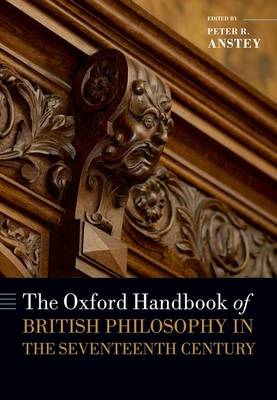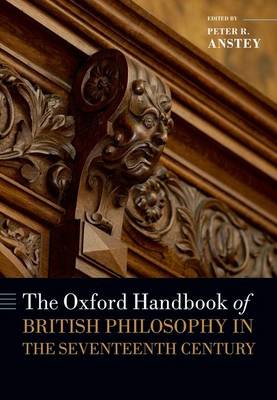
Bedankt voor het vertrouwen het afgelopen jaar! Om jou te bedanken bieden we GRATIS verzending (in België) aan op alles gedurende de hele maand januari.
- Afhalen na 1 uur in een winkel met voorraad
- Gratis thuislevering in België vanaf € 30
- Ruim aanbod met 7 miljoen producten
Bedankt voor het vertrouwen het afgelopen jaar! Om jou te bedanken bieden we GRATIS verzending (in België) aan op alles gedurende de hele maand januari.
- Afhalen na 1 uur in een winkel met voorraad
- Gratis thuislevering in België vanaf € 30
- Ruim aanbod met 7 miljoen producten
Zoeken
The Oxford Handbook of British Philosophy in the Seventeenth Century
€ 222,45
+ 444 punten
Omschrijving
Twenty-six new essays by experts on seventeenth-century thought provide a critical survey of this key period in British intellectual history. These far-reaching essays discuss not only central debates and canonical authors from Francis Bacon to Isaac Newton, but also explore less well-known figures and topics from the period.
Specificaties
Betrokkenen
- Uitgeverij:
Inhoud
- Aantal bladzijden:
- 650
- Reeks:
Eigenschappen
- Productcode (EAN):
- 9780199549993
- Verschijningsdatum:
- 27/06/2013
- Uitvoering:
- Hardcover
- Afmetingen:
- 174 mm x 250 mm
- Gewicht:
- 1270 g

Alleen bij Standaard Boekhandel
+ 444 punten op je klantenkaart van Standaard Boekhandel
Beoordelingen
We publiceren alleen reviews die voldoen aan de voorwaarden voor reviews. Bekijk onze voorwaarden voor reviews.








